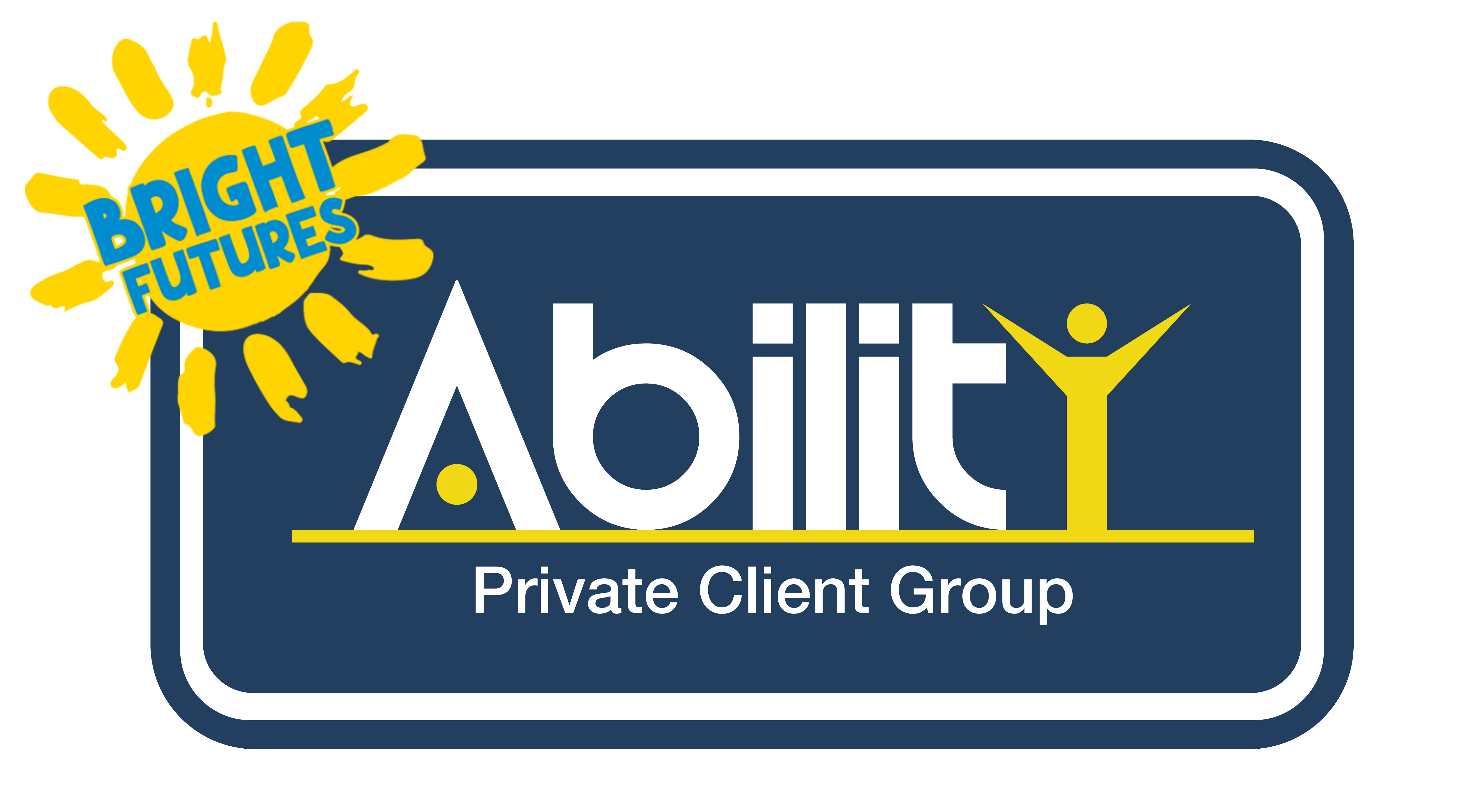Legal
Trusts
A trust is an arrangement whereby the assets of one person (the “Settlor”) are transferred to another person or institution (the “Trustee”) to be managed for the benefit of another person(s). A trust is not actually a separate legal entity, but for the purposes of Canada Revenue Agency, it is a taxpayer and must file an annual income tax return. A trust that comes into effect during the lifetime of the settlor is called an Inter-Vivos trust. An Inter-Vivos trust has the advantage of operating while the settlor is alive, but its major drawback in planning for a person with a disability is that income earned in this trust is taxed at the highest marginal tax rate. As such, the Inter-Vivos trust is not as commonly used in planning for people with disabilities. A trust that comes into effect after the death of the settlor is called a Testamentary Trust. It receives more favourable tax treatment if it is established for a person who qualifies for the Disability Tax Credit. If the beneficiary does not qualify for the DTC, then the income earned in the trust is also taxed at the highest marginal rate.
When planning for the well-being of our sons and daughters with disabilities, we are usually attempting to protect their entitlement to government support programs. Two distinct types of trusts are used for that purpose. They are what we call the Inheritance Trust and the Absolute Discretionary (Henson) Trust. Learn more
